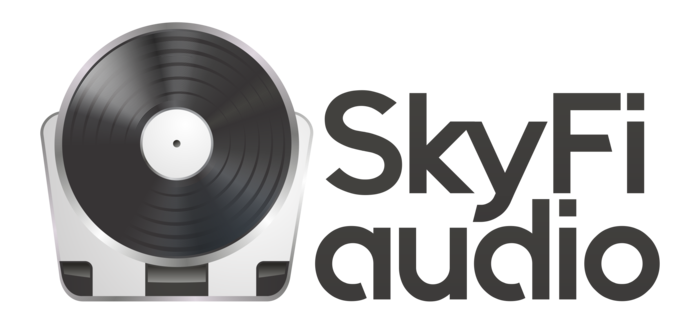


Dave Grusin / Don Grusin - Sticks and Stones - New Pre-Recorded DAT Tape
Free Shipping on Most Electronics - Excludes Speakers and Items Requiring Freight - Contiguous U.S. Only
Pickup available at SkyFi 479
Usually ready in 24 hours

Dave Grusin / Don Grusin - Sticks and Stones - New Pre-Recorded DAT Tape
SkyFi 479
479 South Broad Street
Glen Rock NJ 07452
United States
Super rare original pre-recorded DAT (Digital Audio Tape) music cassette in its original sealed retail packaging. We doubt you will find this listed anywhere else and we were shocked when we came across these in the first place.
We tested a few of these from the lot and they all worked perfectly.
Songs:
1. Birds With Long Legs
2. Pico Pica
3. Sailing At Night
4. River Song
5. Sticks and Stones
6. Glissade
7. Good Ol' Boys
8. This Little Pig's Got The Blues
9. Dog Heaven
10. Southern Wind
11. North-Tribal Step Dance
As you may already know, very few pre-recorded DAT albums exist as they were not produced in any kind of regular high quantity that you would have seen at the time for cassette or CD.
You can still purchase pre-owned DAT "Walkman" and DAT home audio components today from online sources such as eBay. New DAT hardware has not been made for 15 years, and along with these rare cassettes the hardware may start appreciating over time due to scarcity.
Some more information on this rare format via Wikipedia:
"Digital Audio Tape (DAT or R-DAT) is a signal recording and playback medium developed by Sony and introduced in 1987.
In appearance it is similar to a Compact Cassette, using 3.81 mm / 0.15" (commonly referred to as 4 mm) magnetic tape enclosed in a protective shell, but is roughly half the size at 73 mm × 54 mm × 10.5 mm.
The recording is digital rather than analog. DAT can record at sampling rates equal to, as well as higher and lower than a CD (44.1, 48 or 32 kHz sampling rate respectively) at 16 bits quantization."
And here's more from Wikipedia on why this format ultimately failed:
"Anti-DAT Lobbying:
In the late 1980s, the Recording Industry Association of America (RIAA) unsuccessfully lobbied against the introduction of DAT devices into the U.S.
Initially, the organization threatened legal action against any manufacturer attempting to sell DAT machines in the country. It later sought to impose restrictions on DAT recorders to prevent them from being used to copy LPs, CDs, and prerecorded cassettes.
One of these efforts, the Digital Audio Recorder Copycode Act of 1987 (introduced by Sen. Al Gore and Rep. Waxman), instigated by CBS Records president Walter Yetnikoff, involved a technology called CopyCode and required DAT machines to include a chip to detect attempts to copy material recorded with a notch filter, meaning that copyrighted prerecorded music, whether analog or digital, whether on LP, cassette, or DAT, would have distorted sound resulting from the notch filter applied by the publisher at the time of mastering for mass reproduction. A National Bureau of Standards study showed that not only were the effects plainly audible, but that it was not even effective at preventing copying.
This opposition by CBS softened after Sony, a DAT manufacturer, bought CBS Records in January 1988. By June 1989, an agreement was reached, and the only concession the RIAA would receive was a more practical recommendation from manufacturers to Congress that legislation be enacted to require that recorders have a Serial Copy Management System to prevent digital copying for more than a single generation. This requirement was enacted as part of the Audio Home Recording Act of 1992, which also imposed taxes on DAT recorders and blank media. However, the computer industry successfully lobbied to have personal computers exempted from that act, setting the stage for massive consumer copying of copyrighted material on materials like recordable CDs and by extension, filesharing systems such as Napster."
Choose options
